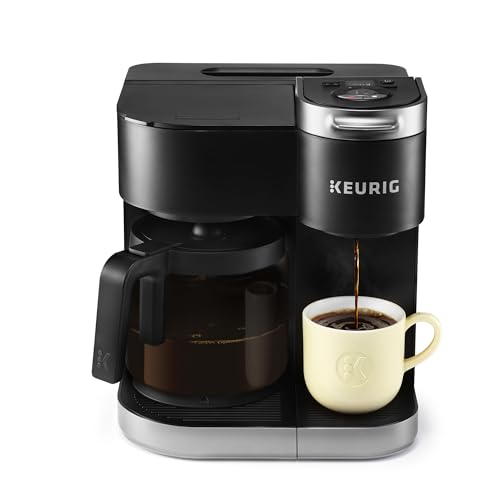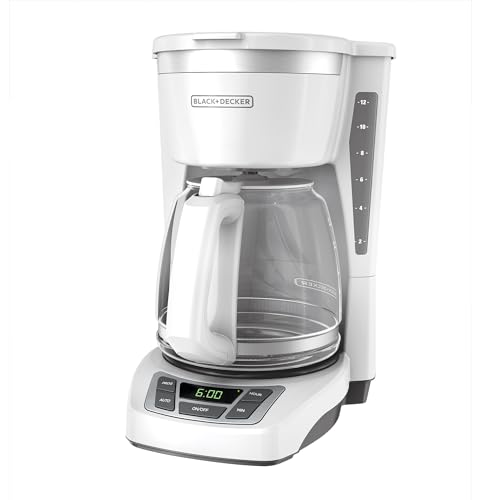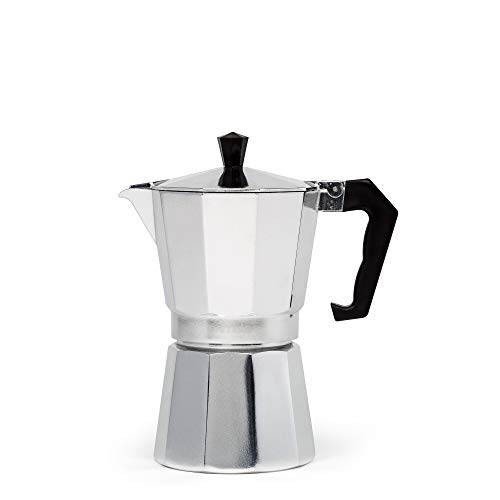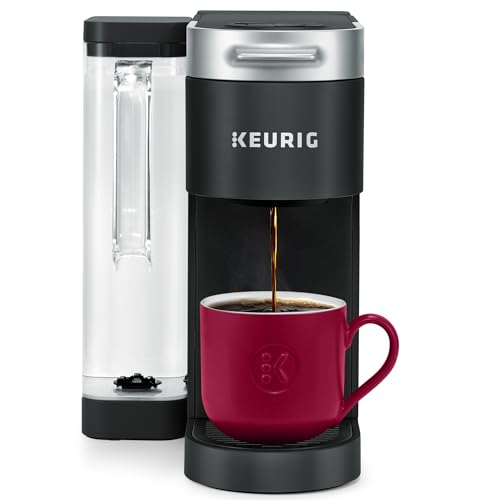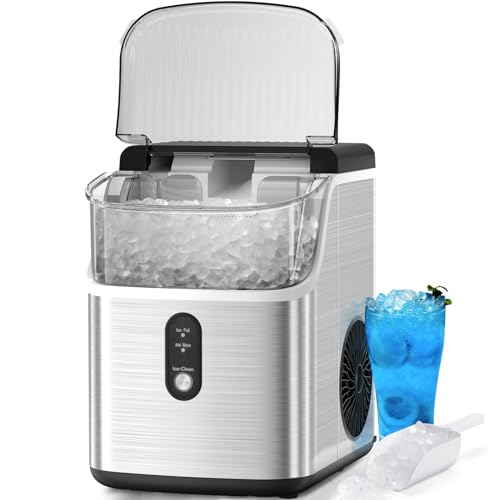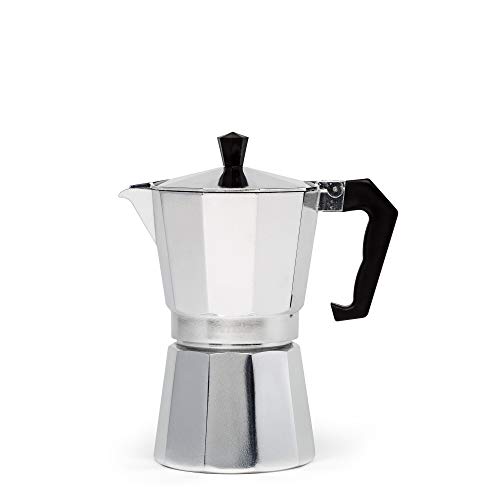How Many Watts Does An Oven Use? This is a question that often comes to mind when considering the energy consumption of household appliances. A clear understanding of the power usage of your oven can help you manage your energy bills more effectively and make informed decisions about its usage.
Electric ovens are a common feature in most households. They provide a convenient and efficient means of preparing meals, but their energy consumption varies according to their size, model, and usage. In the following sections, we will delve deeper into the specifics of oven power consumption.
Remember, knowledge is power. The more you understand about the energy usage of your appliances, the better equipped you will be to control your utility expenses and contribute to environmental sustainability. Let’s get started on this enlightening journey of discovery.
- How Many Watts Does An Oven Use?
- FAQs
- How does the self-cleaning feature affect oven energy consumption?
- Can I decrease my oven’s energy consumption by adjusting cooking times and temperatures?
- Do different oven sizes consume different amounts of energy?
- Does the type of food being cooked affect the oven’s energy consumption?
- Are there more energy-efficient alternatives to traditional electric ovens?
- Final Thought
How Many Watts Does An Oven Use?
On average, an electric oven uses between 1000 to 5000 watts, with a typical usage sitting around 2400 watts. This figure can fluctuate depending on factors such as the cooking temperature and the specific model of the oven. For example, self-cleaning ovens tend to have a higher wattage due to the additional energy required for the cleaning process.
To calculate the exact energy consumption of your oven, you’ll need to consider how long and how frequently you use your oven. A simple formula to estimate this is: Wattage x Hours Used ÷ 1000 = kWh. The kWh (kilowatt-hour) is the unit that your energy company uses to bill you.
For instance, if you use a 2400-watt oven for one hour daily, the calculation would be 2400 watts x 1 hour ÷ 1000 = 2.4 kWh. This means that one hour of oven use per day results in a monthly energy consumption of approximately 72 kWh. Your energy cost would then be 72 kWh multiplied by the rate per kWh charged by your energy provider.
In conclusion, understanding the energy consumption of your oven can provide significant benefits. Not only does it enable you to make more informed decisions about your energy usage, but it also contributes to a more sustainable lifestyle. We hope this guide has shed some light on the question, “How many watts does an oven use?”
See more: How To Use Ooni Pizza Oven
FAQs
While the average electric oven wattage sits around 2400 watts, it’s important to remember that many variables can influence this figure. Factors like the oven’s model, size, cooking temperature, and the duration of usage all play a part in the overall energy consumption.
How does the self-cleaning feature affect oven energy consumption?
The self-cleaning feature in ovens, while convenient, can result in higher energy consumption. This is because the oven needs to heat up to extremely high temperatures, typically around 880 degrees Celsius (approximately 1600 degrees Fahrenheit), in order to effectively burn off food residues.
During this self-cleaning process, which usually takes around 2-4 hours, the oven consumes a significant amount of energy due to the prolonged high wattage usage. It’s important to consider these factors when using the self-cleaning feature to maintain a balance between convenience and energy efficiency.
Can I decrease my oven’s energy consumption by adjusting cooking times and temperatures?
Yes, adjusting cooking times and temperatures can indeed have a significant impact on your oven’s energy use. By using lower temperatures or shorter cooking periods, you can effectively reduce the amount of electricity consumed. Additionally, utilizing the convection setting of your oven, which circulates heated air around the food, can enhance the efficiency of cooking and further contribute to energy savings. These small but effective adjustments in cooking techniques can make a noticeable difference in your overall energy consumption, promoting a more sustainable and eco-friendly approach in the kitchen.
Do different oven sizes consume different amounts of energy?
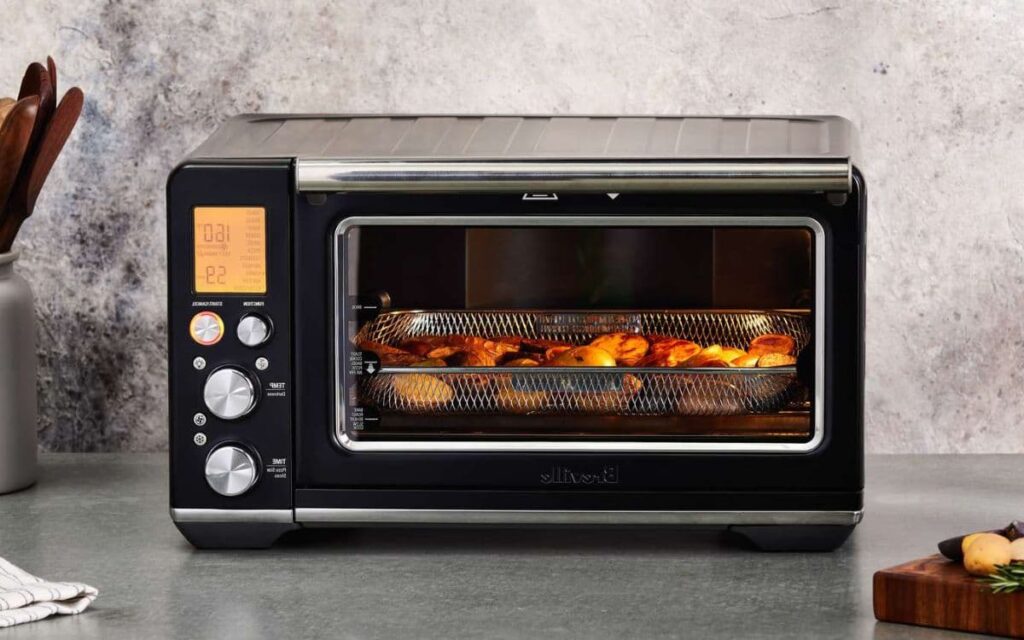
The size of an oven can definitely influence its energy consumption. Larger ovens require more energy to heat the increased space, especially if the oven is not fully utilized. Therefore, selecting an oven size that suits your typical cooking needs can help reduce unnecessary energy usage.
Does the type of food being cooked affect the oven’s energy consumption?
The type of food being cooked can indeed have a significant impact on energy consumption. Foods that require longer cooking times or higher temperatures will naturally consume more energy due to the extended duration and increased heat required.
For example, when baking a turkey, which typically requires several hours at a relatively high temperature, the energy consumption is notably higher compared to simply reheating a small dish. This distinction in energy usage is attributed to the larger size of the turkey, the longer cooking time, and the higher temperature needed to ensure proper cooking.
Are there more energy-efficient alternatives to traditional electric ovens?
Yes, there are several alternatives to traditional electric ovens that are more energy-efficient. Convection ovens, for instance, are generally more efficient as they heat food more evenly and quickly. Additionally, toaster ovens or microwave ovens can be more energy-efficient for smaller meals or for reheating leftovers. Each of these options can provide a way to prepare food while using less energy.
Final Thought
Understanding your oven’s energy consumption is about more than just saving on your utility bill. It’s about making environmentally conscious decisions that contribute to a sustainable future. Small changes in your cooking habits can have a significant effect over time.
For example, using a toaster oven or microwave for smaller meals or reheating leftovers can result in considerable energy savings. Additionally, implementing techniques such as using the convection setting for more efficient cooking or using lower temperatures for extended periods can help reduce your oven’s overall energy consumption.
Remember, every kilowatt saved not only benefits your wallet but also aids in conserving our planet’s resources. As we become more aware of our individual impact on the environment, it’s crucial to make informed decisions that promote sustainability.
In conclusion, your oven’s energy consumption is a key factor in your home’s overall energy efficiency. By understanding how your oven uses energy and taking steps to mitigate its consumption, you can enjoy your favorite meals while also doing your part for the environment.
